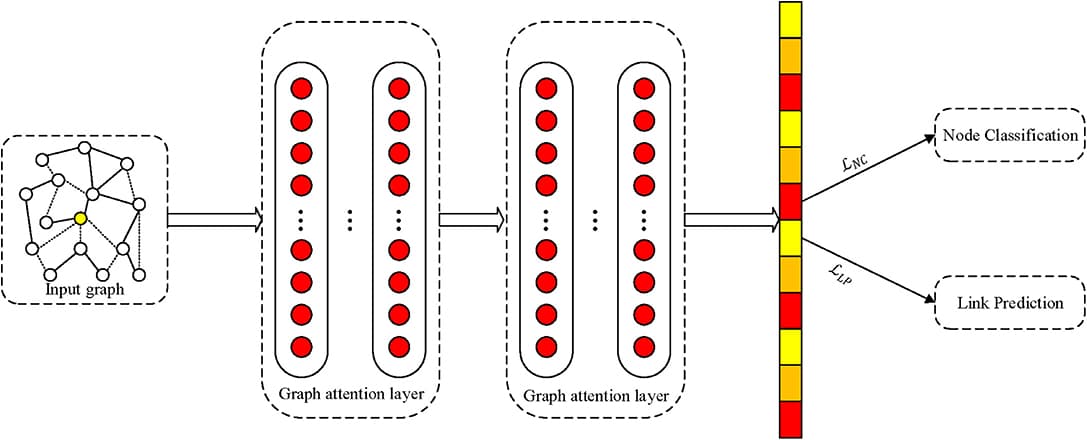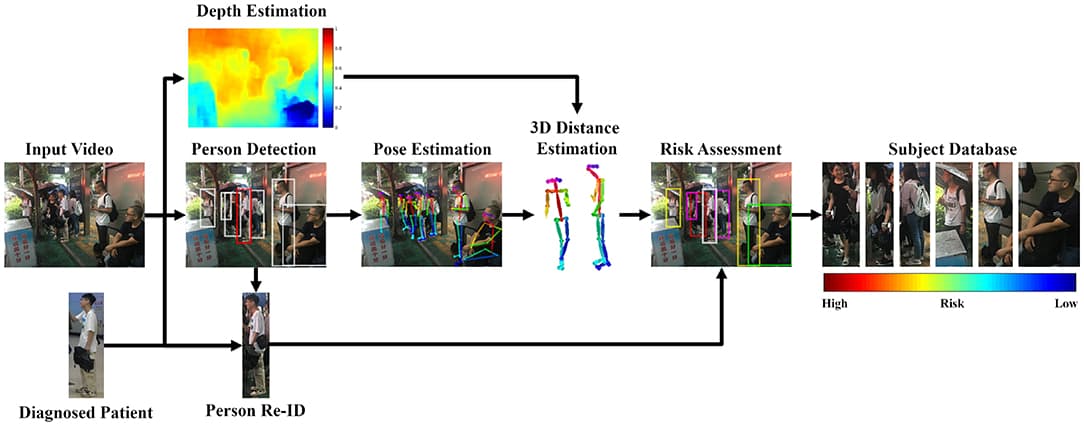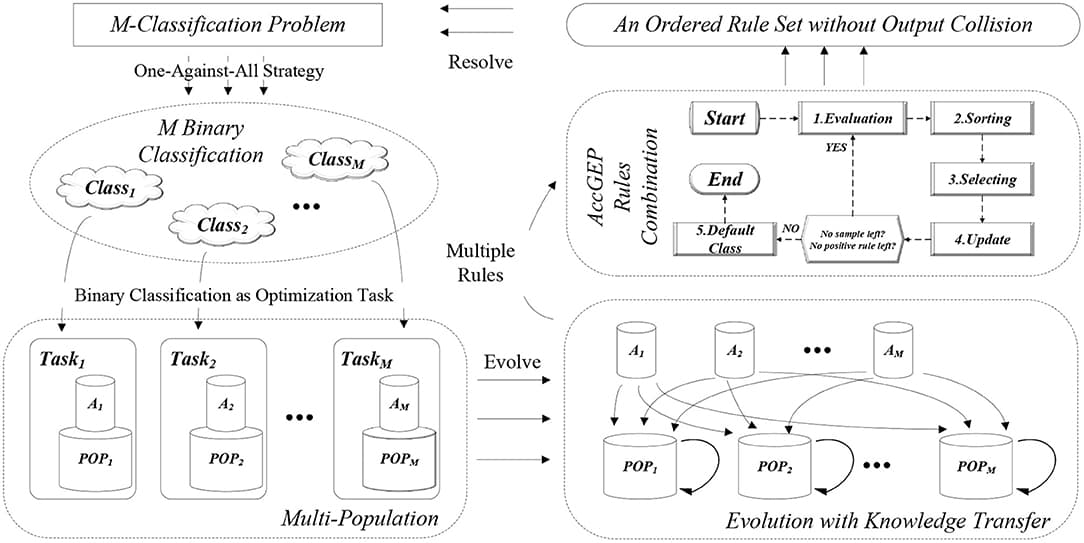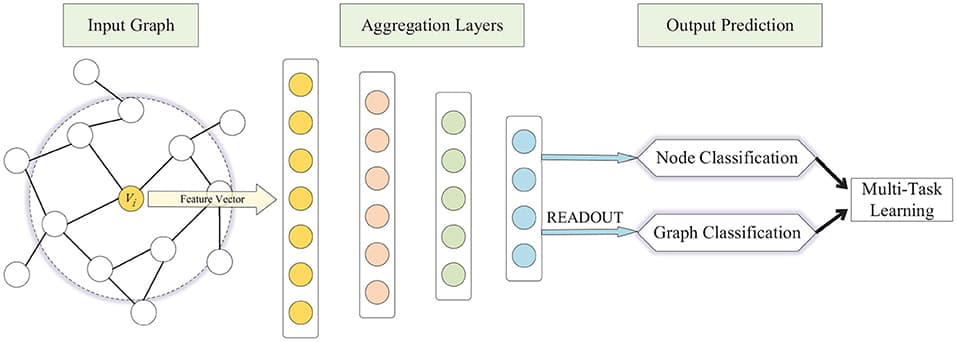Cognitive flexibility reflects the ability to switch quickly between tasks or stimulus sets, which is an important feature of human intelligence. Researchers have confirmed that this ability is related to the learners’ academic achievement, cognitive ability, and creativity development. The number-letter switching task is an effective tool for measuring cognitive flexibility. Previous studies have found that high flexibility individuals perform better in rule-based tasks such as the Iowa Gambling Task. It is not clear whether highly flexible learners have learning advantages when the rule tasks involve probabilistic cues. Using an inter-individual differences approach, we examined whether cognitive flexibility, as assessed by the number-letter task, is associated with the learning process of a probabilistic rule task. The results showed that the high flexibility group reached a higher level of rule acquisition, and the accuracy during the post-learning stage was significantly higher than the low flexibility group. These findings demonstrate that cognitive flexibility is associated with the performance after the rule acquisition during the probabilistic rule task. Future research should explore the internal process of learning differences between high and low flexibility learners by using other technologies across multiple modes.
Background: Although many electroencephalographic (EEG) indicators have been proposed in the literature, it is unclear which of the power bands and various indices are best as indicators of mental workload. Spectral powers (Theta, Alpha, and Beta) and ratios (Beta/(Alpha + Theta), Theta/Alpha, Theta/Beta) were identified in the literature as prominent indicators of cognitive workload.
Objective: The aim of the present study is to identify a set of EEG indicators that can be used for the objective assessment of cognitive workload in a multitasking setting and as a foundational step toward a human-autonomy augmented cognition system.
Methods: The participants' perceived workload was modulated during a teleoperation task involving an unmanned aerial vehicle (UAV) shepherding a swarm of unmanned ground vehicles (UGVs). Three sources of data were recorded from sixteen participants (n = 16): heart rate (HR), EEG, and subjective indicators of the perceived workload using the Air Traffic Workload Input Technique (ATWIT).
Results: The HR data predicted the scores from ATWIT. Nineteen common EEG features offered a discriminatory power of the four workload setups with high classification accuracy (82.23%), exhibiting a higher sensitivity than ATWIT and HR.
Conclusion: The identified set of features represents EEG indicators for the objective assessment of cognitive workload across subjects. These common indicators could be used for augmented intelligence in human-autonomy teaming scenarios, and form the basis for our work on designing a closed-loop augmented cognition system for human-swarm teaming.
Different from conventional single-task optimization, the recently proposed multitasking optimization (MTO) simultaneously deals with multiple optimization tasks with different types of decision variables. MTO explores the underlying similarity and complementarity among the component tasks to improve the optimization process. The well-known multifactorial evolutionary algorithm (MFEA) has been successfully introduced to solve MTO problems based on transfer learning. However, it uses a simple and random inter-task transfer learning strategy, thereby resulting in slow convergence. To deal with this issue, this paper presents a two-level transfer learning (TLTL) algorithm, in which the upper-level implements inter-task transfer learning via chromosome crossover and elite individual learning, and the lower-level introduces intra-task transfer learning based on information transfer of decision variables for an across-dimension optimization. The proposed algorithm fully uses the correlation and similarity among the component tasks to improve the efficiency and effectiveness of MTO. Experimental studies demonstrate the proposed algorithm has outstanding ability of global search and fast convergence rate.








